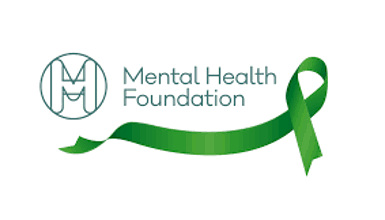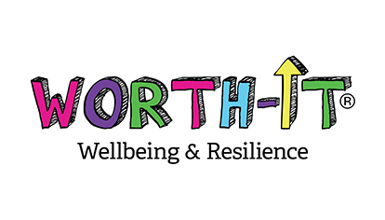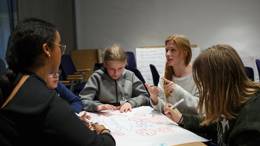Mentoring
Mentoring targeted support programmes pair up pupils with peers or trusted adults.

Mentoring involves building strong, consistent relationships that empower people to navigate challenges and develop resilience.
As well as equipping individuals with tools to identify and manage emotional difficulties, it can also support them to develop and achieve personal and academic goals.
Mentoring targeted support programmes pair students with trusted adults or peers to provide guidance, emotional support, and a safe space for open dialogue. They also support students to meet school-related goals.
Programme information
This information refers to targeted mental wellbeing support programmes evaluated by the National Institute for Health and Care Excellence (NICE). Other programmes may vary in programme length and delivery method.
- Length: 10 x 45 min sessions over an 18-week period
- Delivered by: Undergraduate students
- Delivery method: Individual
- Age: 11 - 14
Targeted support programmes
The following are some examples of mentoring targeted support programmes that you may wish to explore to see if they are right for your setting.
Please note: these programmes have not been evaluated by Anna Freud, or by NICE as part of their evidence reviews. Their inclusion does not indicate endorsement and they have not been quality assured.

Peer Education Project
The Peer Education Project is a secondary school-based peer support and mentoring programme.

Wellbeing Ambassadors
Wellbeing Ambassadors enables settings to develop a child or young person-led mental health peer support programme.

U OK?
U OK? is a training programme for young people aged 16-25 to enable them to deliver peer mentoring and support.
Kids Inspire
Kidsinspire provide trained mentors to support children and young people aged 8+ to improve their wellbeing.
There may be other mentoring services and programmes available in your local area. Contact your local authority to find out what is available to your school or college.
If you are unsure who to contact at your local authority, try speaking to your Mental Health Support Team (if applicable), your trust leadership team, or your setting’s safeguarding or pastoral lead.
The Prince’s Trust also has some guidance on developing a mentoring programme in your setting.
If you haven’t yet reviewed the targeted support guide, this will help you to consider which types of targeted support might be appropriate for your setting.
What does the evidence show?



